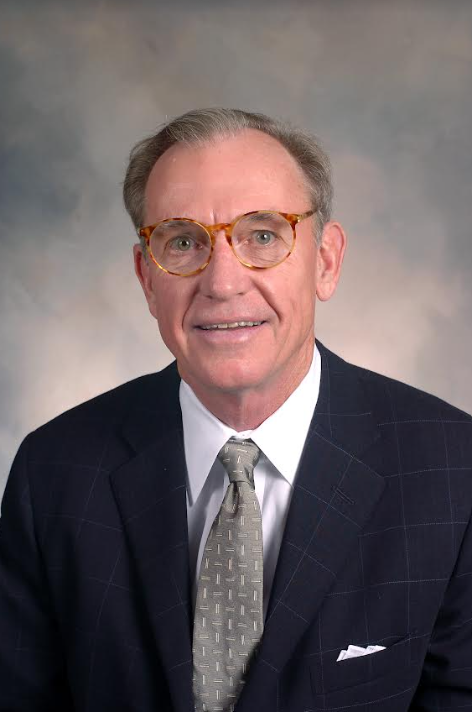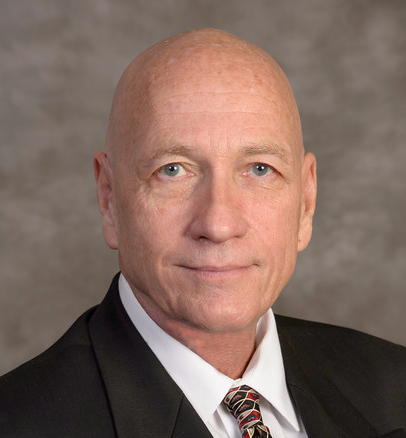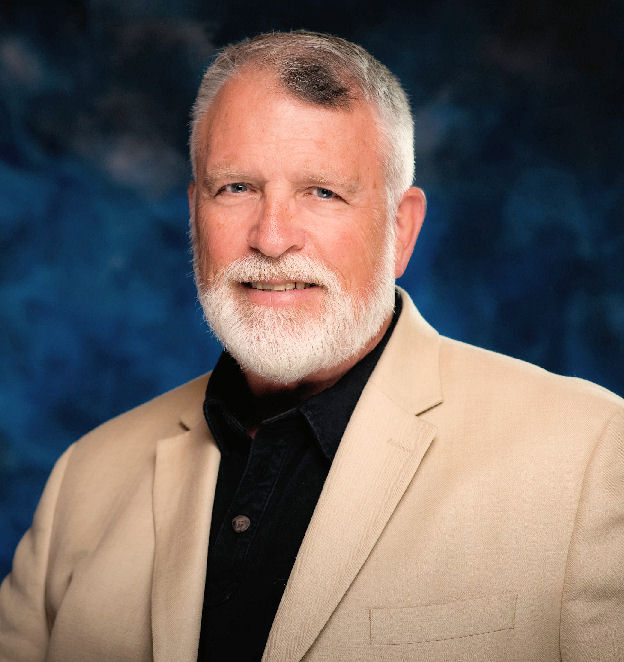Courts No Longer Have to Give Deference to Agency’s “Expertise” What This Means for Employers
Some forty years ago, the United States Supreme Court issued a decision called Chevron U.S.A. v. Natural Resources Defense Council. This decision laid the groundwork for the next forty years in what is called the “Chevron Deference.” The Chevron Deference required courts to defer to federal agencies' “expertise” on how to interpret ambiguous language in-laws about the agencies’ roles. Recently, the Supreme Court found that the Chevron Deference doctrine was incorrect and that courts are not required to give deference to these agencies’ interpretation of Congressional laws that may be considered ambiguous. What does this mean for employers?
- Learn more about Chevron deference.
- Learn why the Supreme Court rejected Chevron's deference.
- Review of case decisions questioning federal agency policies.
- Learn what policies from the EEOC, the DOL, OSHA, and other federal agencies are now more susceptible to attack?
- Discuss what policies courts have already expressed a disagreement with federal interpretations.
- What did Chevron Deference Mean?
- Why did the Supreme Court overrule Chevron Deference?
- Are courts required to give any deference to agency policies?
- Are we seeing courts now questioning agency policies more than ever?
- What policies from the EEOC, the DOL, OSHA, and other federal agencies are now more susceptible to attack?
- What policies courts have already expressed a disagreement with federal interpretations?
The Chevron doctrine is one of the most important principles of administrative law in the United States. It states that when a federal statute is ambiguous, courts should defer to the reasonable interpretation of the agency that administers the statute, unless Congress has clearly expressed a different intent. In two recent cases called Loper Bright Enterprises, Inc. v. Raimondo and Relentless, Inc. v. Dept of Commerce, in which the Supreme Court emphatically rejected of agency deference. Federal agencies like the Equal Employment Opportunity Commission, the Department of Labor, the Occupational Safety and Health, and others will not face closer scrutiny and potentially more frequent legal challenges when interpreting ambiguous statutes. What does this mean for employers?
- Human resource professionals, in-house counsel
Susan Fahey Desmond is a partner with McGlinchey Stafford, PLLC which has offices in 33 states across the country. She has been representing management in all areas of labor and employment law for over 35 years. A noted author and speaker, Susan is listed in Best Lawyers in America and has been named by Chambers USA as one of America’s leading business lawyers
Upcoming Webinars










































































